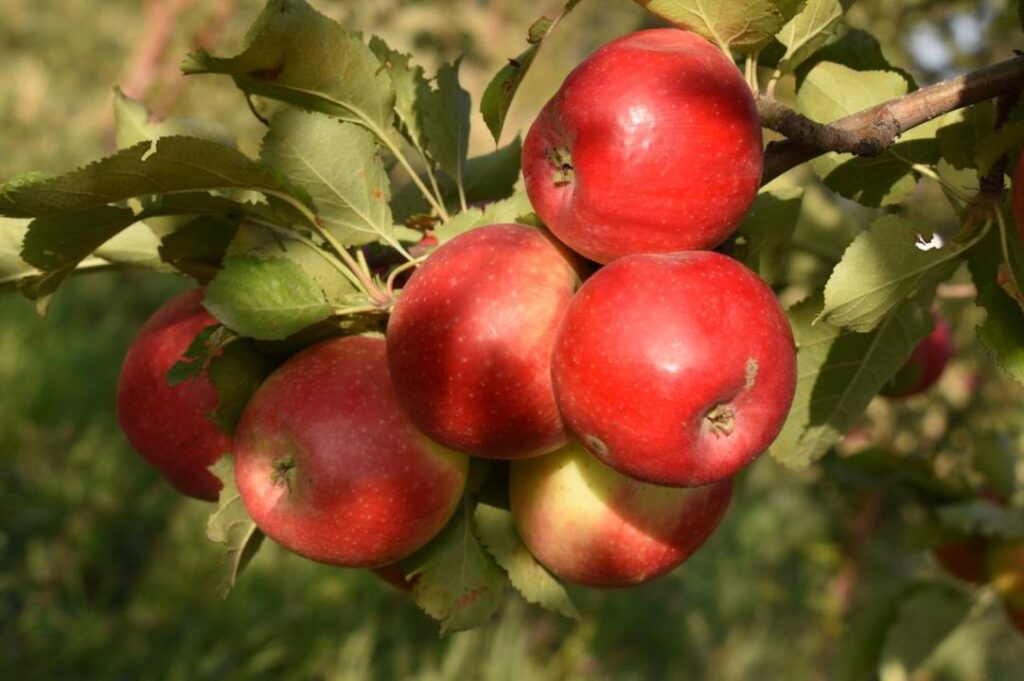Ice Cream Flavored with Kurt, Tara, and Balkaymak Presented in Almaty
An Almaty-based company, UMAMI, has launched a new line of ice cream inspired by traditional Kazakh flavors. The collection features three distinct varieties: kurt, tary, and balkaymak. Balkaymak is a rich, creamy dessert, sometimes prepared with flour and honey, and typically served warm alongside bread or pastries. Tary refers to roasted millet, a staple often enjoyed with tea. Kurt is a protein and mineral-rich dried fermented milk product, deeply rooted in Kazakh culinary heritage. UMAMI’s project aims not only to surprise the palate but also to integrate national gastronomy into a modern context, creating what the team hopes will become a new symbol of Kazakh culture. “You'll find it interesting in your mouth,” promises brand co-founder and technologist Oksana Kim-Flayosk. A Flavor Journey in Every Scoop Among the standout offerings is the cream kurt ice cream, made using authentic kurt. The UMAMI team sampled dozens of variations from different producers before selecting the ideal base. The flavor unfolds in stages: a brackish start, followed by a sour note, and ending in a sweet finish. To elevate the experience, UMAMI recommends serving the kurt ice cream in a baursak, a traditional Kazakh fried dough delicacy. Kim-Flayosk likens this combination to a local version of the Italian dessert maritozzo, where a sweet bun is filled with cream. “We put a ball of ice cream in the baursak, and that's our national version of maritozzo,” she explained. While all three flavors were tested in baursaks, kurt was the undisputed favorite among tasters. Nauryz Roots and Steppe Spirit The Tary & Talkan flavor, originally created for the Nauryz holiday five years ago, was so well received that it earned a permanent spot in UMAMI’s lineup. The recipe combines black tea infused with milk, roasted millet ground into talkan, and a dairy base, evoking the spirit of the Kazakh steppe. The third offering, Balkaymak & Irimshik, is rich and textured, featuring bits of irimshik (a type of curd) to accentuate the contrast between its caramel and creamy elements. “I wanted there to be texture, to be able to chew. First creamy, then caramel, and then creamy again,” said Kim-Flayosk. Prior to finalizing the recipe, UMAMI conducted a public survey to better understand what balkaymak means to different people. Responses varied widely, from cream skimmed from spring milk to a boiled mixture of sour cream, flour, and sugar. Modernizing Tradition Kim-Flayosk emphasized UMAMI’s commitment to preserving and popularizing Kazakh culinary identity. “We are a local brand. We see society’s interest in traditions and want to be part of a culture that popularizes Kazakhstani products,” she said. The company plans to launch souvenir boxes featuring all three flavors in the coming month, offering a gastronomic symbol of Kazakhstan to locals and tourists alike. Non-standard ice cream flavors are increasingly part of a global trend. Around the world, producers are experimenting with combinations like mustard and dill, eel, black pepper, garlic, chili, and even beer. In this diverse international context, UMAMI’s Kazakhstani creations stand out not just for...






